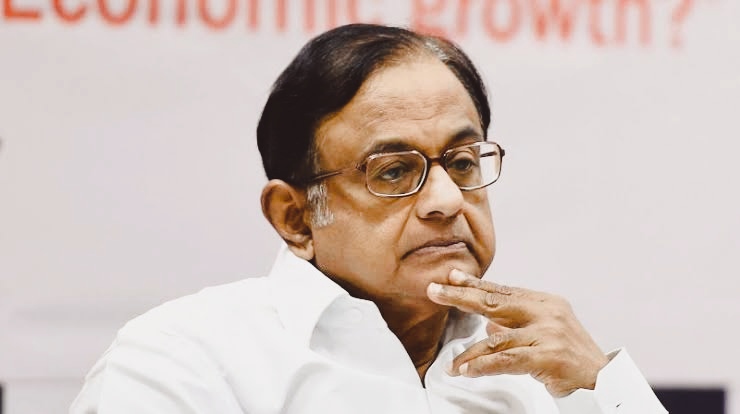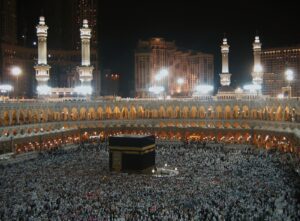Sri Lanka’s recent financial crisis pushed millions of its citizens into poverty, making the nation eager for foreign exchange earnings through tourism, particularly from India. Prasanna Vithanage, a renowned Sri Lankan filmmaker, addresses this in his award-winning film, “Paradise,” which premiered at the Busan International Film Festival and won the Kim Jiseok award for best film. The movie explores the dynamics of an Indian couple on a ‘Ramayana Trail’ in Sri Lanka during the crisis.
Vithanage is known for his ability to craft stories about human relationships against the backdrop of sociopolitical turmoil. He believes that human relationships are most revealing during times of crisis, as they manifest in various forms. His characters grapple with inner conflicts while confronting external challenges posed by the political environment and society.
While “Paradise” primarily portrays the challenges faced by the Indian couple during their journey, it also serves as a compelling critique of how the state treats the rich and poor unequally. It sheds light on the scapegoating of ethnic minorities in Sri Lanka, with most characters in the film played by Sri Lankan Tamil tea plantation workers.
Vithanage’s empathy for the minority communities in Sri Lanka stems from the consistent abuse of their rights and their demands being disregarded. He highlights the dire living conditions of the Tamil tea plantation workers, descendants of those brought from India over 200 years ago. Despite their significant numbers, their situation remains unimproved, earning just around $3 a day with notably short life expectancy.
Born into a Sinhalese family with leftist ideals, Vithanage was influenced by his father’s discussions of global events and socioeconomic disparities. Growing up, he witnessed insurrections in Sri Lanka, instilling in him a worldly perspective and an acute awareness of social inequalities.
Vithanage’s filmmaking has allowed him to express views considered heretical by the dominant culture in Sri Lanka, which often puts his work at risk. His film “Pura Handa Kaluwara” faced legal battles but was eventually released, shedding light on the ethnic conflict and civil war. “Ira Madiyama” encountered difficulties in obtaining permission to use firearms due to its references to the eviction of Sri Lankan Tamil Muslims. The censor board asked for cuts in his film “Oba Nathuwa Oba Ekka,” but he refused, and the film was eventually passed without cuts under a new government.
His documentary feature, “Usaviya Nihandai,” chronicled events following the rape of a robbery suspect’s wife by a presiding magistrate, exposing a journalist’s investigation. Despite facing legal challenges, the film continued to shed light on the issue.
“Paradise,” produced by Indian film production house Newton Cinema, marks Vithanage’s first Indian film, featuring Malayali actors Roshan Mathew and Darshana Rajendran. Vithanage has a deep connection to India, especially Chennai, which he calls his second home. He attributes his cinematic sensibilities to legendary Indian filmmakers like Satyajit Ray, Ritwik Ghatak, and Guru Dutt, making this Indian film a high point in his career, as it fulfills his long-standing desire to create an Indian film.





